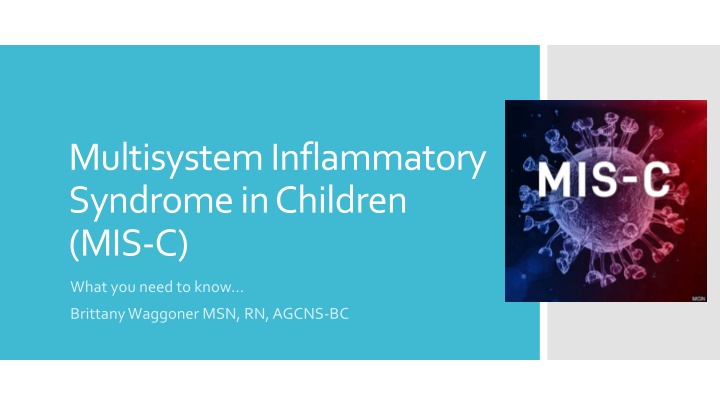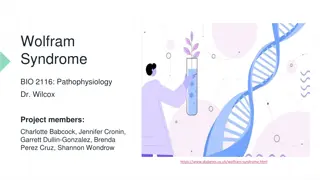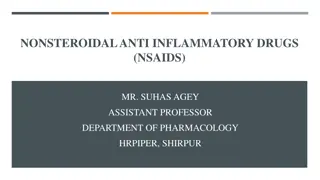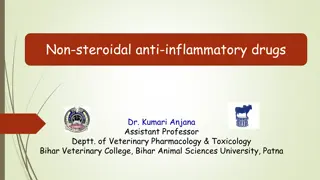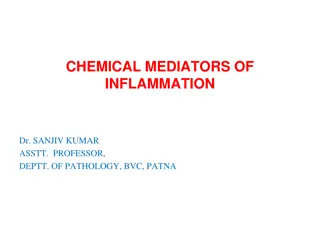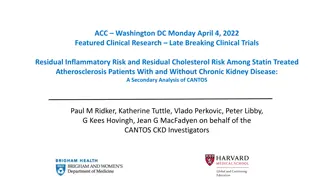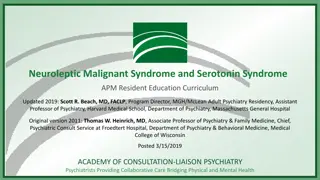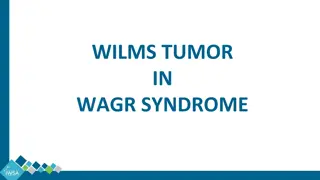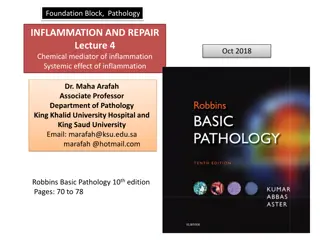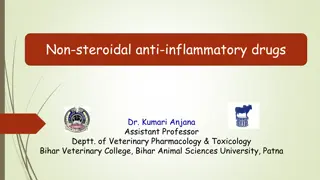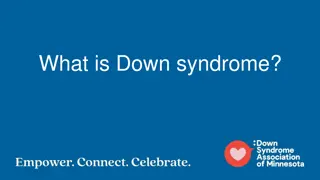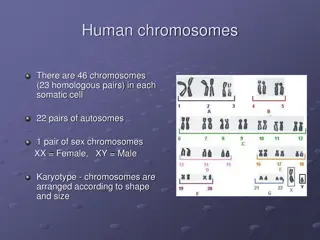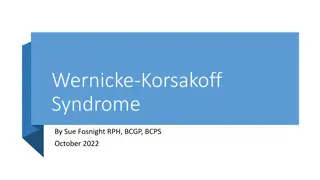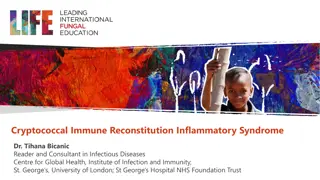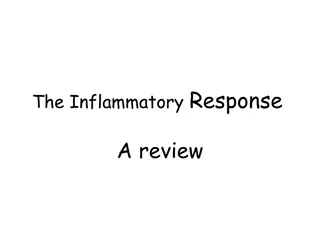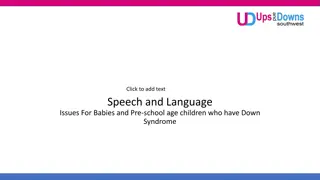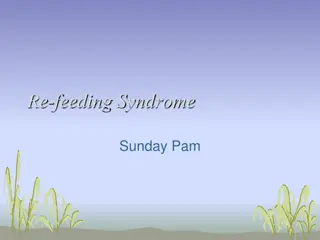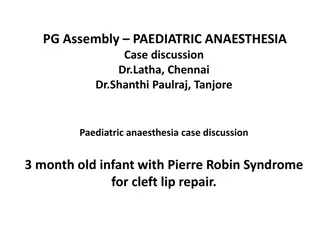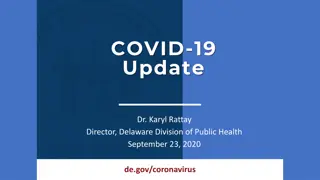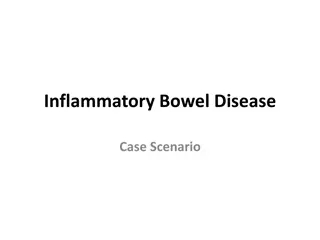Overview of Multisystem Inflammatory Syndrome in Children
Multisystem Inflammatory Syndrome in Children (MIS-C) is a post-viral condition characterized by severe inflammation affecting various organs. It is associated with COVID-19 infection and primarily affects children under 21 years old. This condition can be serious but is treatable with medical care. Learn about the CDC case definition, symptoms, and implications of MIS-C.
Download Presentation

Please find below an Image/Link to download the presentation.
The content on the website is provided AS IS for your information and personal use only. It may not be sold, licensed, or shared on other websites without obtaining consent from the author.If you encounter any issues during the download, it is possible that the publisher has removed the file from their server.
You are allowed to download the files provided on this website for personal or commercial use, subject to the condition that they are used lawfully. All files are the property of their respective owners.
The content on the website is provided AS IS for your information and personal use only. It may not be sold, licensed, or shared on other websites without obtaining consent from the author.
E N D
Presentation Transcript
Multisystem Inflammatory Syndrome in Children (MIS-C) What you need to know Brittany Waggoner MSN, RN, AGCNS-BC
Most children are asymptomatic or exhibit mild symptoms from COVID-19 infection On April 26, 2020, clinicians in the United Kingdom (UK) recognized increased reports of previously healthy children presenting with a severe inflammatory syndrome with Kawasaki disease-like features. The cases occurred in children testing positive for current or recent infection by SARS-CoV-2, the novel coronavirus that causes COVID-19 In early May, the New York City Department of Health began reporting children with these same features. Background
It is currently unknown if multisystem inflammatory syndrome is specific to children or if it also occurs in adults. There is limited information currently available about risk factors, pathogenesis, clinical course, and treatment for MIS-C. CDC is requesting healthcare providers report suspected cases to public health authorities to better characterize this newly recognized condition in the pediatric population. History
A condition where different body parts can become inflamed, including the heart, lungs, kidneys, brain, skin, eyes, or gastrointestinal organs. We do not yet know what causes MIS-C. However, we know that many children with MIS-C had the virus that causes COVID-19 or had been around someone with COVID-19. MIS-C can be serious, even deadly, but most children who were diagnosed with this condition have gotten better with medical care. Definition Post-viral illness where the body s immune system starts to almost attack itself, leading to inflammation of blood vessels in different areas of the body including the heart.
An individual aged < 21 years presenting with Fever Laboratory evidence of clinically severe illness requiring hospitalization Multisystem (>2) organ involvement (cardiac, renal, respiratory, hematologic, gastrointestinal, dermatologic or neurological); AND No alternative plausible diagnoses; AND Positive for current or recent SARS-CoV-2 infection by RT-PCR, serology, or antigen test; or exposure to a suspected or confirmed COVID-19 case within the 4 weeks prior to the onset of symptoms CDC Case Definition
As of 7/15/2020, CDC has received reports of 342 cases and 6 deaths in 37 jurisdictions. Most cases are in children between the ages of 1 and 14 years, with an average age of 8 years. Cases have occurred in children from <1 year old to 20 years old. About 70% of reported cases have occurred in children who are Hispanic/Latino or Non-Hispanic Black. 96% of cases tested positive for SARS CoV-2, the virus that causes COVID-19. The remaining 4% were around someone with COVID-19. Most children developed MIS-C 2-4 weeks after infection with SARS-CoV-2. Slightly more than half (55%) of reported cases were male. Data
As the outbreak is progressing and children are returning to school, larger numbers of children are expected to be infected. It s unknown whether this expected increase in COVID-19 cases among children will also increase cases of MIS-C. Symptom awareness 2-4 weeks after infection. Be aware of those children that have come up (+) and appear to have symptoms around the 2-4 week mark. What you can do?
Systemic Vasculitis
Note STAY CALM! EXTEMELY RARE. These symptoms could quickly develop into an emergency. Call 911 if the child has trouble breathing, persistent pain or pressure in their chest, are confused, cannot stay awake, have blue lips or face and/or severe belly pain.
